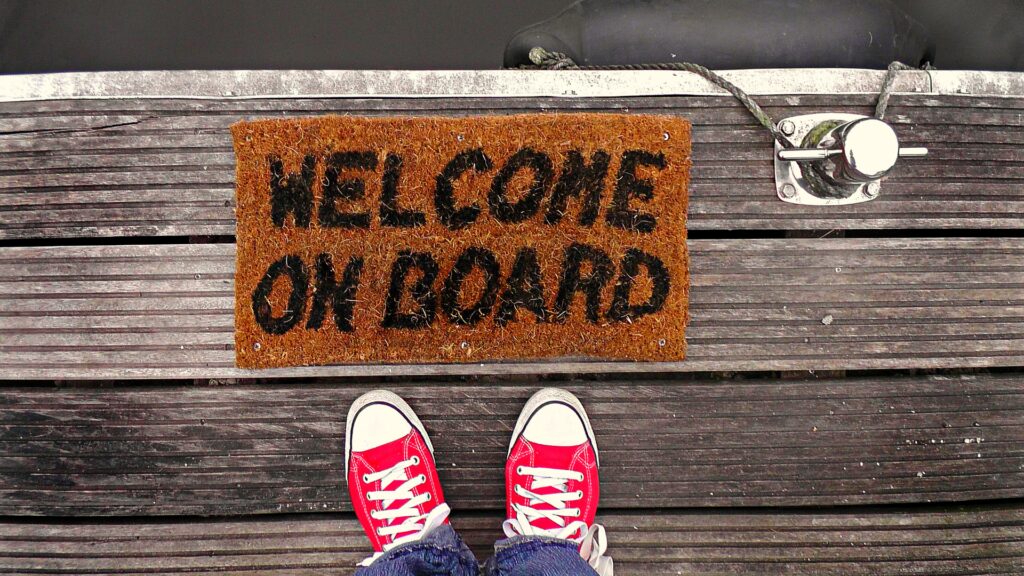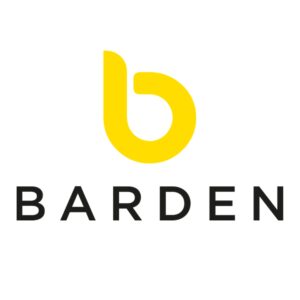The on-boarding process is more than just an office tour and an overview of the employee handbook, writes Dr Mary Collins in the recently published Career Guide, brought to you by Barden and Chartered Accountants Ireland.
The first interactions beyond the interview and selection process can have a lasting impact on how a new hire perceives the organisation. A positive on-boarding experience can really set one up for a successful career in their new office.
What is on-boarding?
On-boarding is the process through which new employees are oriented to acquire the necessary knowledge, skills and behaviours in order to become effective members of the organisation and in a manner that aids overall retention. The goal of on-boarding programmes is to help employees quickly become acclimatised to their new workplace and bring them ‘on board’ with regard to company culture, understanding of job function and overall comfort level. It is more than providing basic information for new hires to do their jobs – it is about engaging new hires with the culture of the organisation and supporting them in finding their purpose in their new roles.
Making connections
In an increasingly hybrid world of work, we need to work harder to communicate clearly and make strong connections. Wherever possible, arrange to meet people face-to-face or, if this is not possible, vary the communication channels. A regular phone call can often work as an easy way for people to share and connect rather than just relying on zoom or other visual platforms.
For new employees, on-boarding is the ideal time to reach out to key stakeholders in a new organisation, arrange short coffee catch-ups with relevant people to build your understanding of the culture, strategic priorities and importantly to start building a strong network for your future career.
Relational vs transactional on-boarding
A recent trend is ‘relational’ on-boarding, which complements the more traditional ‘transactional’ on-boarding. Transactional on-boarding is more focused on policies and procedures and getting people skilled-up in relevant regulatory requirements, for example. Relational on-boarding is more about connecting people in the organisation, building their network internally and externally.
Part of this ‘relational’ focus is gathering feedback from new employees for continuous improvement of the on-boarding experience. There tends to be a one-flow system of communication in most organisations. An employee on-boarding process should be an iterative learning process that improves over time with experience and feedback. Soliciting feedback at important transition points means you can gauge if you are meeting or exceeding expectations and helps build a meaningful, engaging on-boarding process.
Common Pitfalls to Avoid in On-boarding
While a good on-boarding process can create an engaged and connected workforce, there are some pitfalls organisations should be aware of:
- Treating it as a one-day event. On-boarding starts when you are contacted to communicate success at interview and continues for at least three months after the new employee joins the organisation.
- Assuming that on-boarding is ‘training’. Effective on-boarding is about successfully assimilating the new employee into the culture of the organisation and connecting them with others who can help them adjust to their new role.
- Believing that new hires cannot add value from the first day. If the pre-onboarding period is managed well, new hires can contribute value from their very first day. This is important, especially for professionals who are used to being high performers in their previous roles. Clear communication around performance expectations from the outset will ensure that the new hires know this.
First 100 days
The first three months are critical when you start a new role. By the end of this period, employees should have a good sense of the expectations of the role, the company culture and how they are ‘fitting in’ and performing. It may be a time when questions emerge related to the role and performance objectives. It may also be a time when new hires have suggestions to improve the overall performance of the business based on what has been observed.
Training and development needs may emerge around this time, as it is usually the half-way point in a six-month probation period. It is worth having a conversation about what support is required and how it will be provided.
First 100 days checklist
Important questions will be asked during the first 100 days of employment.
- How are you finding your new job?
- What are you enjoying most about working here?
- How does the role compare with what you were expecting?
- Has the learning and development/training you have received to date been helpful? What, if anything, would you add or change?
- How are you finding the experience of working with your colleagues?
- Do you have any suggestions for improving the on-boarding process?
- Is anything not working for you?
- Is anything about your role, the team or company still unclear?
- How can management help your transition at this point?
- How do you find the work-life balance?
Dr Mary Collins is a Chartered Psychologist & Professional Executive Coach – RCSI Institute of Leadership
You can read this article and others in Career Guide 2021/2022.


 Jump Back
Jump Back

